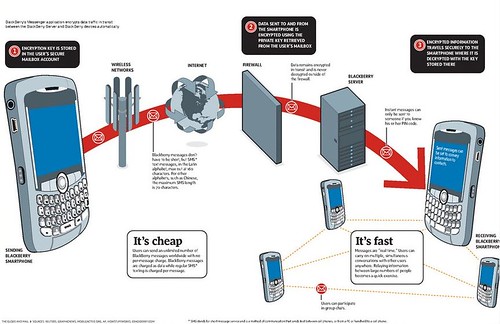More important pieces on the London riots
"The UK riots: the psychology of looting: The shocking acts of looting may not be political, but they nevertheless say something about the beaten-down lives of the rioters" and "UK riots: This vigilantism is the very embodiment of 'big society': Folk taking to the streets with doner knives is what happens if communities are encouraged to fill in the gaps left by the state" by Zoe Williams in the Guardian.
(While I wrote about the "Tesco riot" a few months back, I missed this piece, "The Tesco riot is no surprise given people's powerlessness: Planning law is so loaded against local communities fighting supermarkets, it's amazing Bristol-style disturbances are so rare" also by Zoe Williams. It makes me think of the story in yesterday's Examiner about the Georgia Avenue Walmart.)
This article on UK riots by Dutch architectural critic Wouter VanStiphout in the UK architecture publication Building Design, "Back to normal?." From the article:
"Right now it has become very difficult to think of an urban politics, let alone an urban planning or design approach that would be able to take on the underlying problems of riots like the ones in the UK in a serious way.
"I do not think that the reason is that politics and planning have realised their limitations to shape society. I think that the reason is that urban politics and hence planning and urban design are too often treating the city with ulterior motives, instead of actually working for the city itself. The city has become a tool to achieve goals, political, cultural, economic or even environmental.
"Treating the city in this way means that we are constantly passing judgment on what the city should be, and who should be there, and what they should be doing, instead of trying to understand what the city actually is, who really lives there and what they are doing. This produces a dangerous process of idealisation, denying whole areas, whole groups their place in the urban community, because they do not fit the picture."
Other articles from Building Design on the topic are:
Christopher Michaels' piece in the Toronto Globe & Mail, "Here’s how the pundits explain the British riots" lists nine explanations:
1. Brits like smashing stuff
2. We're too bloody soft on 'em
3. Bad parenting
4. Bad schools
5. Cuts
6. The class system, innit
7. Gang culture
8. Consumer culture
9. They have nothing to lose
-----
Note that with regard to revitalization (what in the UK they call "regeneration") I have always paid attention to the work being done in the UK because economic decay set there earlier than it has in the U.S.
With the U.S. set to take the same path as the UK on deficit reduction and the reduction of federal programs made available to the economically impoverished--and despite the whining by the conservatives, it's not like the programs available in the U.S. are that great--are the UK riots a marker, a bellweather, for the US?
Labels: participatory democracy and empowered participation, progressive urban political agenda, protest and advocacy, provision of public services, riots and unrest




0 Comments:
Post a Comment
<< Home